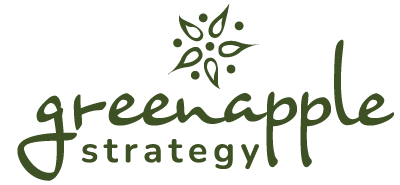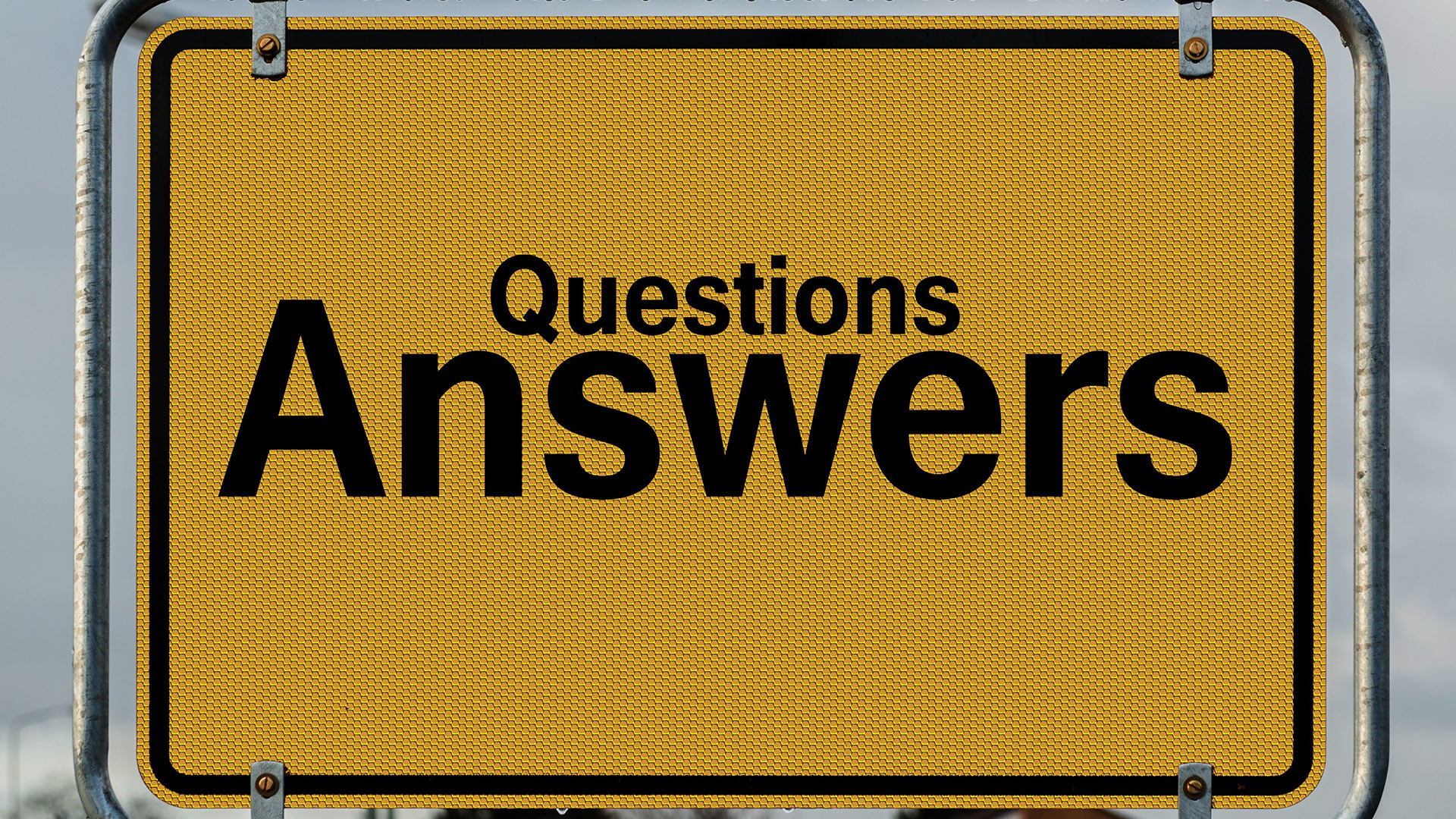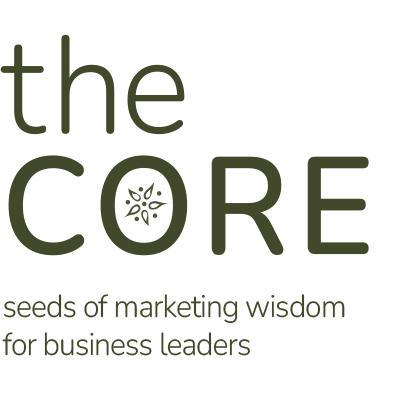The digital world has changed the way we make purchasing decisions, including B2B businesses. Consumers and potential clients are more in charge of the buying process than ever before. In fact, it’s been reported that “57% of the purchase decision is already complete before the customer even calls the supplier.”
If this is true, that means potential customers are expecting to be able to answer the questions which were formerly answered directly by a salesperson. This is where marketing comes in.
5 Questions Your Marketing Efforts Should Answer for Prospective Customers
Whether it’s through your website, email marketing, or advertising campaigns, here are five questions your marketing efforts should be answering for prospective customers:
- Why should we trust you? More than likely, your business is just one of a dozen or more options that customers can choose from. Why should they choose your business and trust you to solve their challenges? The best way to increase trust and help people understand why they should choose your business is to position yourself as an expert and share meaningful insights. Numerous studies have shown that when the brain recognizes that someone is an expert, it is far more likely to comply with that person’s suggestions.
- Why should we choose your specific product or service? There are two primary reasons people choose a particular product or service: cost and differentiation. To differentiate your product or service, potential customers must understand your unique value proposition. Your value proposition is a unique value that a buyer desires and will receive from your company, product, or service. Think of the word “only” and how you can apply it to your business, products, and services.
- Why now? Overcoming the lack of urgency is a challenge for many B2B marketing and sales professionals. While you don’t want to become an overbearing hustler (that doesn’t work), you need to help your customer realize that embracing change now rather than later is in their best interest.
- Is it worth the investment? When you are asking buyers to purchase something from you, you are also asking them not to do something else. The most effective way to answer this question is to appeal to the emotional reasons people buy. Knowing this, identify ways to start creating emotional connections with prospective customers to increase their likeness toward making a decision.
- Is it worth making a change? People have a natural aversion to change. The brain is wired to associate a high level of risk with accepting a new idea or purchasing a product or service. The most compelling ways to incite change is to find problems by challenging the status quo with insights that compel your buyers to think about how they can improve themselves or their business.





